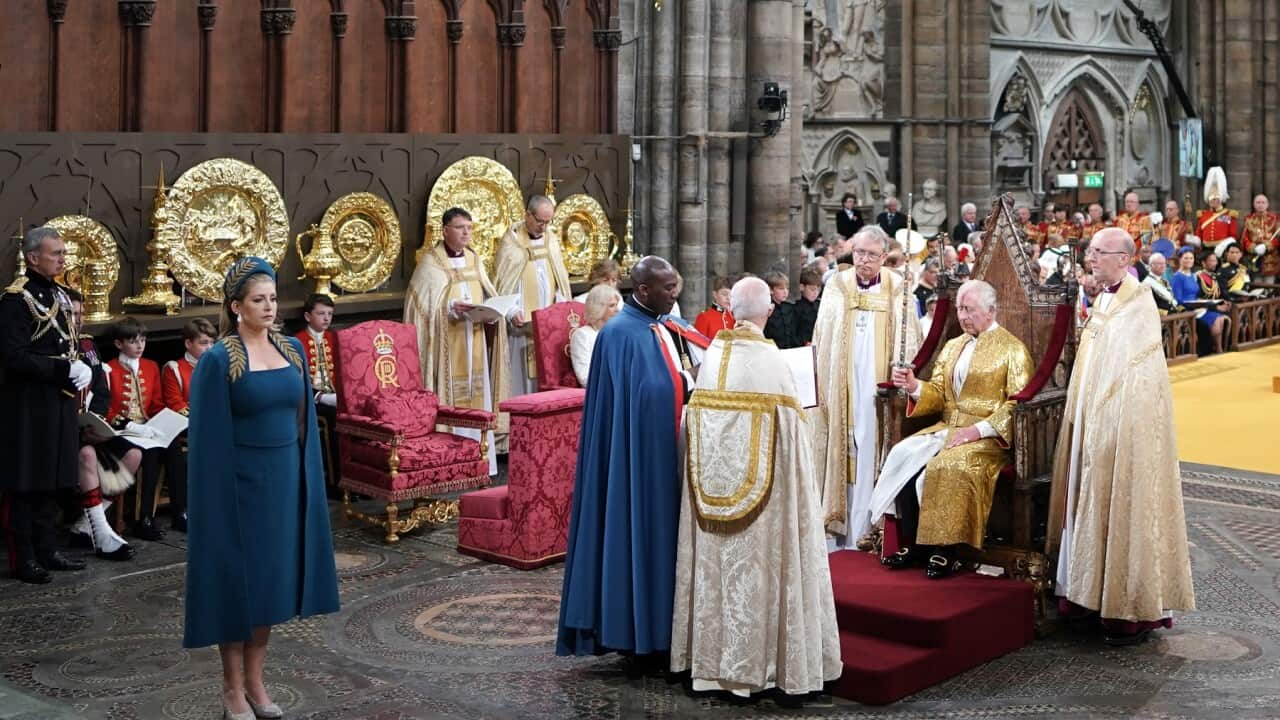The AGE points out that some infrastructure spending on transport and energy projects is worthwhile for government because it is in the national interest and productive, whereas the inland rail from Brisbane to Melbourne is riskier.
The paper says the government should prioritise projects on a national need basis by conducting cost-benefit analyses, and this must be reflected in any accounting changes Mr Morrison makes.
It accepts that some recurrent spending such as education and health services can be very good as well in that it can increase worker supply and productivity, which will expand the economy.
The AGE says that the government will use the good debt/bad debt distinction to justify a reduction in welfare spending and university funding.
The paper explains that a reduction in welfare spending could spur household activity which can help a slowing economy. In the case of university funding, the government will justify the cuts by pointing to a major new report which found universities receive adequate funding for most courses they teach and that their revenues are growing faster than costs.
It also suggests that the government should consider winding back the capital gains tax discount and negative gearing. Because both offer little for taxpayers' money, add billions to deficits and exacerbate property price rises.
The age argues that this years budget, given an election could be more than two years' away, should include large-scale tax and economic reform.




